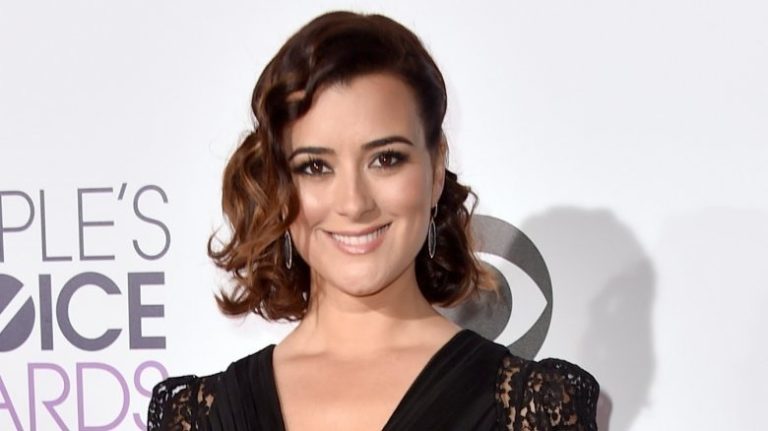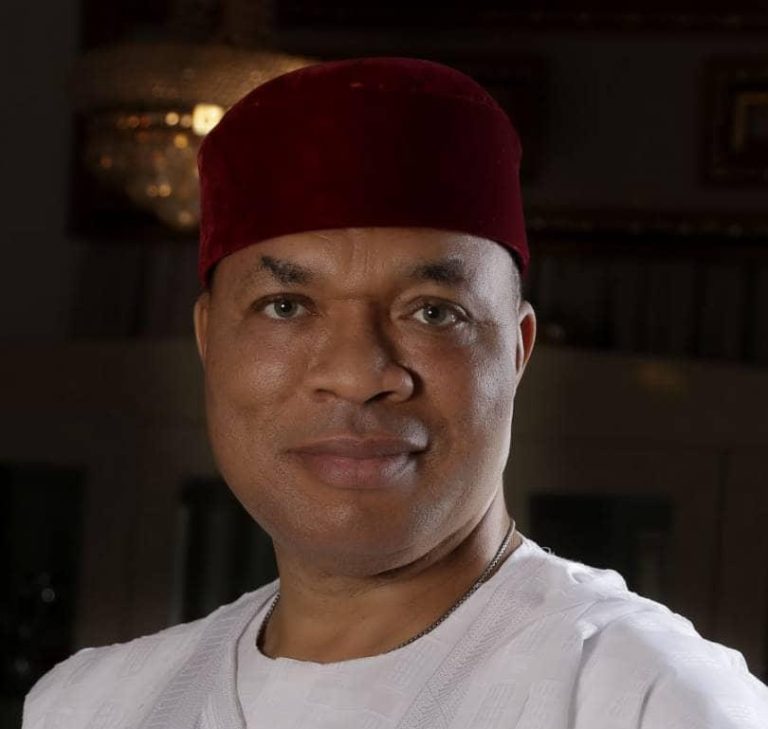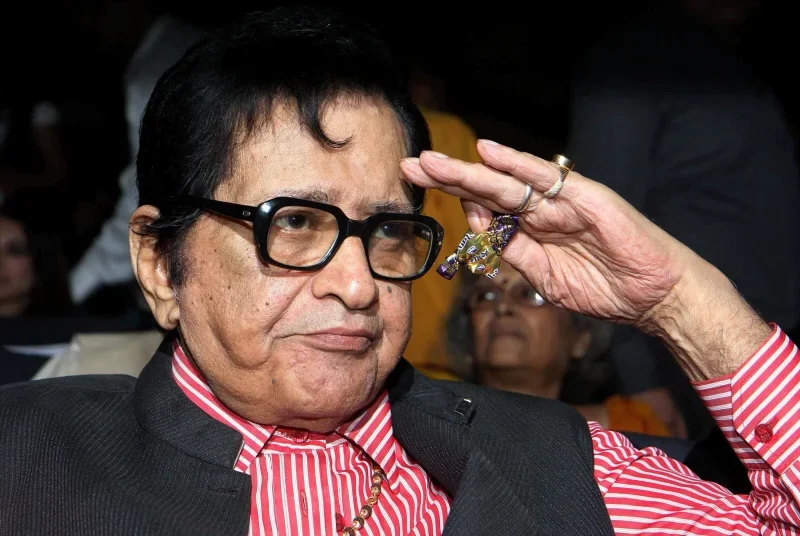
Manoj Kumar, born Harikrishan Goswami, was a legendary figure in Indian cinema, renowned for his patriotic films that resonated deeply with audiences.
His contributions as an actor, director, and screenwriter have left an indelible mark on Bollywood. With a career spanning over four decades, Kumar’s work not only entertained but also inspired a sense of national pride among viewers.
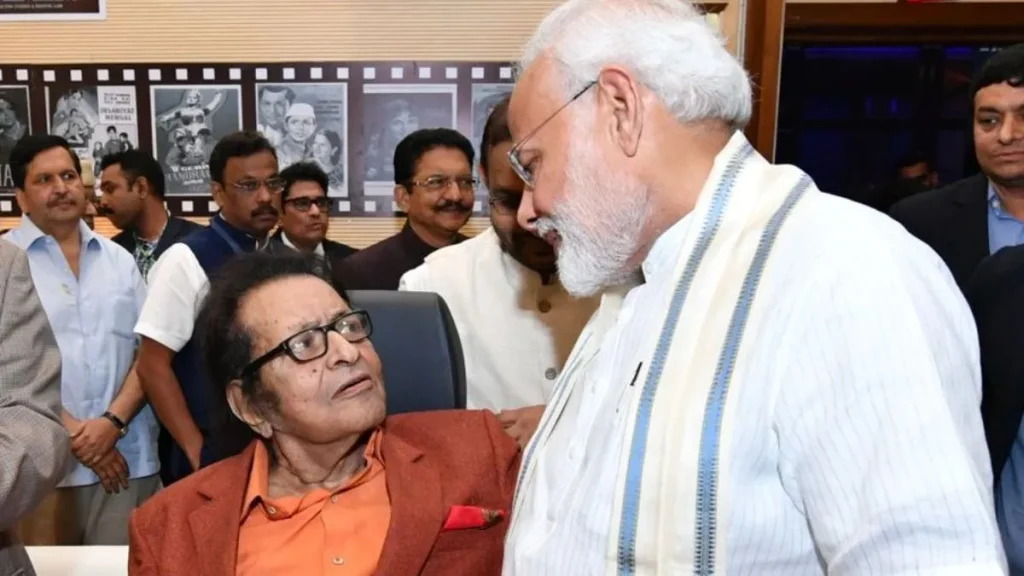
Profile Summary
| Attribute | Details |
|---|---|
| Real Name | Harikrishan Goswami |
| Nickname | Bharat Kumar |
| Gender | Male |
| Birthdate/Age/Zodiac | July 24, 1937 / 87 years old / Leo |
| Birthplace | Abbottabad, North-West Frontier Province, British India (now Pakistan) |
| Residence | Mumbai, Maharashtra, India |
| Wife | Shashi Goswami |
| Nationality | Indian |
| Religion | Hinduism |
| Education | Bachelor of Arts from Hindu College, Delhi |
| Profession | Actor, Film Director, Screenwriter, Lyricist, Editor, Politician |
| Net Worth | Approximately $20 million (₹170 crore) |
| Social Handles | Not publicly available |
| Physical Appearance | Details not publicly documented |
Manoj Kumar Biography
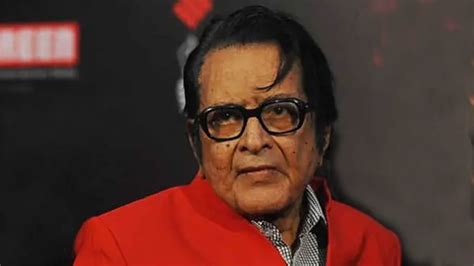
Early Life and Education
Born on July 24, 1937, in Abbottabad, then part of British India, Harikrishan Goswami’s early life was marked by the upheavals of Partition.
At the age of 10, his family migrated to Delhi, leaving behind their ancestral home. Despite these challenges, Kumar pursued his education diligently, earning a Bachelor of Arts degree from Hindu College, Delhi.
His admiration for actors like Dilip Kumar inspired him to adopt the screen name “Manoj Kumar,” after a character portrayed by Dilip Kumar in the film “Shabnam.”
Family Background and Personal Life
Manoj Kumar’s personal life was deeply intertwined with his wife, Shashi Goswami. Their enduring love story faced familial challenges but stood the test of time.
Shashi remained a pillar of support throughout his career, choosing to stay away from the limelight.
The couple was blessed with two sons, Kunal and Vishal. Kunal followed in his father’s footsteps, venturing into the film industry, while Vishal took on roles behind the scenes, including producing the 1989 film “Clerk.”
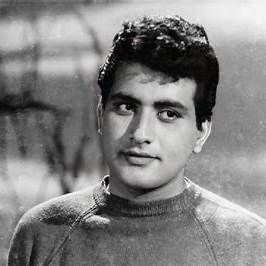
Career Overview of Manoj Kumar
Rise to Stardom
Manoj Kumar’s initial foray into cinema saw him in minor roles, but his breakthrough came with the 1962 film “Hariyali Aur Rasta,” which garnered significant commercial success.
This success was followed by notable performances in films like “Woh Kaun Thi?” (1964), where his portrayal in the mystery thriller genre was well-received.
Patriotic Persona: Becoming ‘Bharat Kumar’
The defining phase of Kumar’s career was his embodiment of patriotic themes, earning him the moniker “Bharat Kumar.” His directorial debut, “Upkaar” (1967), was inspired by India’s then Prime Minister Lal Bahadur Shastri’s call for promoting the Green Revolution.
The film’s success solidified his image as a patriotic icon. He continued this trend with films like “Purab Aur Paschim” (1970) and “Roti Kapda Aur Makaan” (1974), which juxtaposed Indian and Western values, resonating with audiences and reinforcing his nationalistic image.
Later Years and Political Foray
As the cinematic landscape evolved, Kumar’s prominence on the silver screen began to wane in the late 1980s and 1990s. Films like “Clerk” (1989) and “Maidan-E-Jung” (1995) did not achieve the success of his earlier works.
Transitioning from cinema, Kumar ventured into politics, aligning with the Bharatiya Janata Party (BJP) before the 2004 general elections.
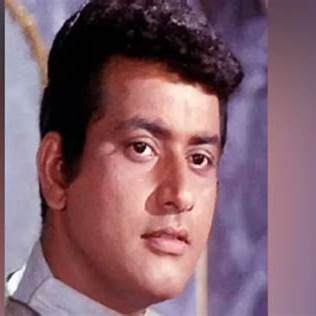
Fast Facts
- Real Name: Harikrishan Goswami.
- Nickname: Bharat Kumar, for his patriotic film roles.
- Notable Awards:
- Padma Shri in 1992.
- Dadasaheb Phalke Award in 2016.
- Directorial Debut: “Upkaar” in 1967.
- Family: Married to Shashi Goswami with two sons, Kunal and Vishal.
- Political Affiliation: Joined the Bharatiya Janata Party in 2004.
- Net Worth: Estimated at $20 million (₹170 crore).
Conclusion
Manoj Kumar’s legacy in Indian cinema is unparalleled. His films not only entertained but also instilled a profound sense of patriotism among audiences. By portraying the quintessential Indian ethos, Kumar became a symbol of national pride.
His dedication to storytelling, combined with his commitment to societal themes, ensures that his contributions will be remembered and celebrated for generations to come.
